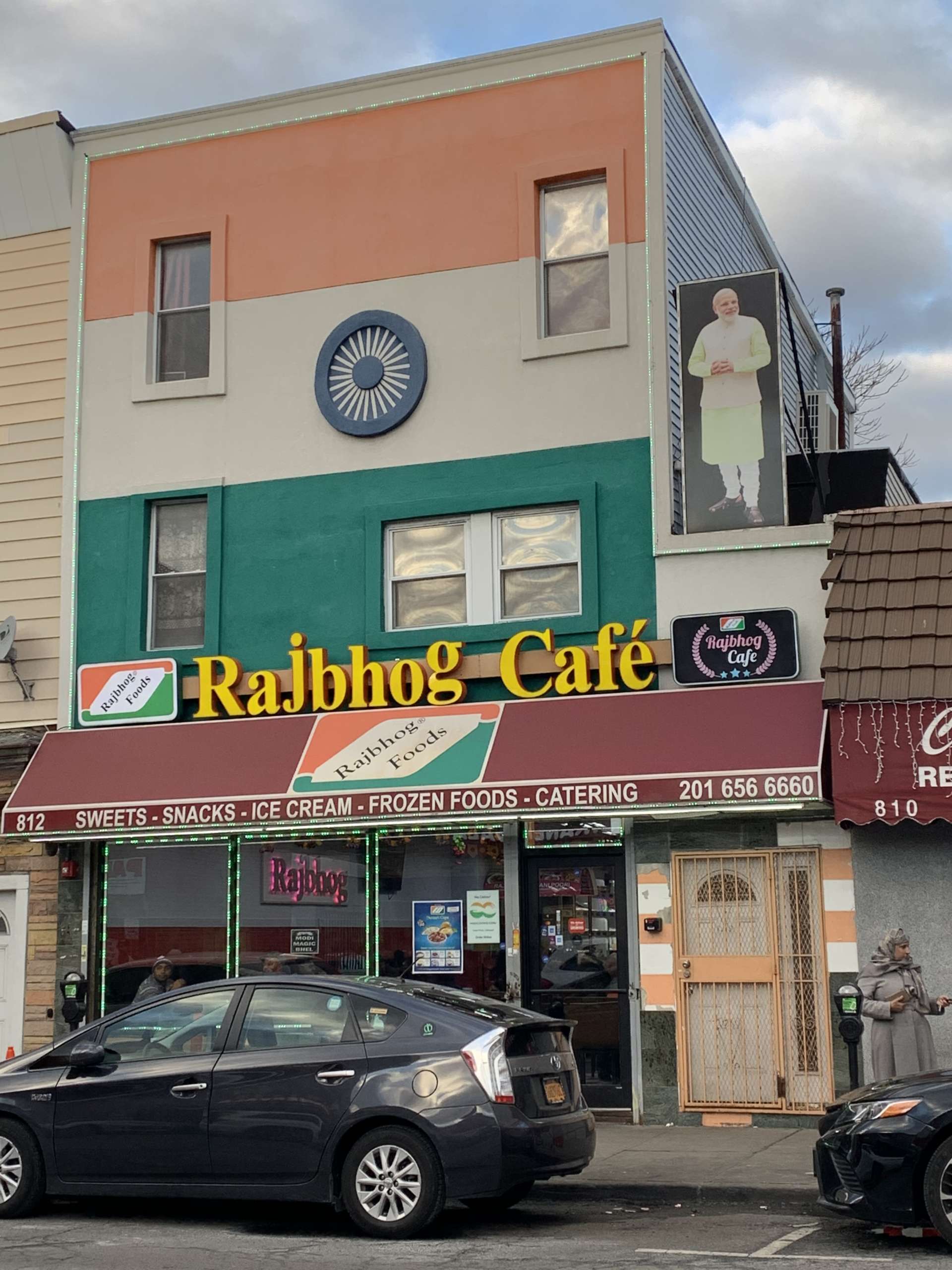Indian Companies And Consumers Boycott Pakistan, Turkey, And Azerbaijan

Table of Contents
Geopolitical Tensions and Nationalistic Sentiment Fueling the Boycott
The Indian boycott of Pakistan, Turkey, and Azerbaijan is not an isolated phenomenon; it's deeply rooted in the intricate and often strained relationships between India and these three nations. These relationships are marked by a history of complex geopolitical interactions, fueled by:
-
Historical conflicts and territorial disputes: The long-standing conflict over Kashmir between India and Pakistan is a primary driver. Similarly, India's concerns regarding Turkey's support for Pakistan and its stance on various regional issues contribute to the tension. The Armenia-Azerbaijan conflict also plays a role, with India's support for Armenia indirectly impacting its relationship with Azerbaijan.
-
Differing stances on regional issues: Divergent views on crucial regional issues further exacerbate the situation. For instance, differing viewpoints on the handling of the Kashmir conflict and varying levels of support for regional actors have fueled the growing discontent.
-
Perceived threats to national security: Concerns over potential threats to national security, often linked to cross-border terrorism and regional instability, contribute to the sentiment supporting the boycott.
-
Growing nationalist sentiment in India promoting "vocal for local" initiatives: The rise of "Atmanirbhar Bharat" (self-reliant India), a national initiative promoting domestic industries, significantly reinforces the boycott movement. This emphasis on supporting indigenous businesses directly translates into consumer choices and business practices.
Specific events, like instances of cross-border terrorism or diplomatic spats, have often served as catalysts, intensifying the already existing tensions and accelerating the Indian boycott of Pakistan, Turkey, and Azerbaijan.
Impact on Specific Sectors: A Sector-wise Analysis
The Indian boycott of Pakistan, Turkey, and Azerbaijan is significantly impacting various sectors of the Indian economy.
Textile and Apparel Industry
The Indian textile industry has witnessed a tangible impact. Pakistani textiles, once a significant competitor, have lost considerable market share due to the boycott. This has led to:
- Loss of market share for Pakistani products in India: Consumers are actively choosing Indian-made alternatives.
- Increased demand for domestically produced alternatives: This has boosted the demand for Indian textiles and spurred the growth of domestic brands.
- Impact on pricing and availability of textiles: While the boycott has created opportunities for Indian producers, it has also impacted pricing and availability in some cases, necessitating adjustments in the market.
Food and Beverage Industry
The food and beverage sector has also felt the effects of the boycott. Certain Turkish and Azerbaijani food products have experienced a decline in imports, resulting in:
- Reduced imports of specific food items: Consumers are opting for Indian-made substitutes.
- Rise in demand for Indian-made substitutes: This shift has presented opportunities for local food producers.
- Opportunities for domestic food producers: Indian brands have capitalized on the increased demand for domestically produced alternatives.
Technology and Automotive Sectors
While the impact on the technology and automotive sectors is less direct compared to textiles and food, indirect consequences are emerging through disrupted supply chains. The boycott's influence here is less pronounced, but it still holds the potential for:
- Limited direct impact compared to textiles and food: The presence of Turkish and Azerbaijani companies in these sectors is relatively smaller.
- Potential for indirect consequences through supply chains: Disruptions in supply chains due to the geopolitical tensions could still affect these sectors indirectly.
- Opportunities for Indian technology and automotive companies: The boycott creates potential for domestic companies to fill any gaps created by reduced imports.
Consumer Behavior and Brand Loyalty: A Shifting Landscape
The Indian boycott of Pakistan, Turkey, and Azerbaijan is profoundly altering consumer behavior in India. Consumers are increasingly:
- Increased awareness of the geopolitical context behind their purchasing decisions: Consumers are more informed and actively consider the geopolitical implications of their purchasing choices.
- Growing support for "Atmanirbhar Bharat" (self-reliant India) initiative: The national initiative is driving the shift towards supporting Indian brands.
- Impact on brand loyalty and the rise of Indian brands: Indian brands are gaining prominence as consumers actively seek alternatives to products from the boycotted nations.
Several consumer campaigns actively promote the boycott, amplifying the message and solidifying the trend.
Long-term Implications and Future Outlook
The long-term implications of the Indian boycott of Pakistan, Turkey, and Azerbaijan are multifaceted and potentially far-reaching:
- Economic impacts on Pakistan, Turkey, and Azerbaijan: The loss of the Indian market presents significant economic challenges for these nations.
- Strengthened position of Indian businesses and brands: Domestic businesses and brands are gaining market share and strengthening their positions.
- Potential for further escalation or de-escalation of tensions: The boycott could potentially escalate tensions or, conversely, might encourage dialogue and reconciliation depending on various factors.
- The role of government policies in shaping the future of trade relations: Government policies will play a crucial role in determining the long-term trajectory of trade relations between India and these nations.
Conclusion
The Indian boycott of Pakistan, Turkey, and Azerbaijan is a complex phenomenon driven by a confluence of geopolitical tensions, historical grievances, and a burgeoning nationalist sentiment. Its impact reverberates across various sectors, reshaping consumer behavior and creating opportunities for Indian businesses. Understanding the intricacies of this evolving situation is crucial. We encourage further research and discussion on the topic to fully grasp its implications. Stay informed about the evolving dynamics surrounding the Indian boycott of Pakistan, Turkey, and Azerbaijan and its wider economic and political consequences. Continued analysis and informed discussion are vital to navigate this complex landscape.

Featured Posts
-
 Kim Kardashians Block Fails Kanye West Drops Song With Diddy And North West
May 18, 2025
Kim Kardashians Block Fails Kanye West Drops Song With Diddy And North West
May 18, 2025 -
 Canterbury Castle Sold For 705 499 A New Chapter Begins
May 18, 2025
Canterbury Castle Sold For 705 499 A New Chapter Begins
May 18, 2025 -
 Ohtanis Return To Japan 2 Run Hr Against Yomiuri Giants
May 18, 2025
Ohtanis Return To Japan 2 Run Hr Against Yomiuri Giants
May 18, 2025 -
 Is Jenna Bush Hagers Today Show Segment Overstaying Its Welcome Fan Reaction
May 18, 2025
Is Jenna Bush Hagers Today Show Segment Overstaying Its Welcome Fan Reaction
May 18, 2025 -
 American Manhunt The Osama Bin Laden Documentary Netflix Premiere Date
May 18, 2025
American Manhunt The Osama Bin Laden Documentary Netflix Premiere Date
May 18, 2025
Latest Posts
-
 Analyzing Queer Representation And Family Dynamics In The Wedding Banquet
May 18, 2025
Analyzing Queer Representation And Family Dynamics In The Wedding Banquet
May 18, 2025 -
 The Wedding Banquet A Cultural Clash Of Love And Tradition
May 18, 2025
The Wedding Banquet A Cultural Clash Of Love And Tradition
May 18, 2025 -
 Exploring Queer Identity And Family Conflict In The Wedding Banquet
May 18, 2025
Exploring Queer Identity And Family Conflict In The Wedding Banquet
May 18, 2025 -
 Snls White Lotus Parody Bowen Yang And Aimee Lou Woods Reactions
May 18, 2025
Snls White Lotus Parody Bowen Yang And Aimee Lou Woods Reactions
May 18, 2025 -
 Bowen Yang On Snls White Lotus Parody Featuring Aimee Lou Wood
May 18, 2025
Bowen Yang On Snls White Lotus Parody Featuring Aimee Lou Wood
May 18, 2025
